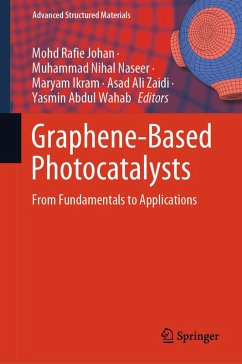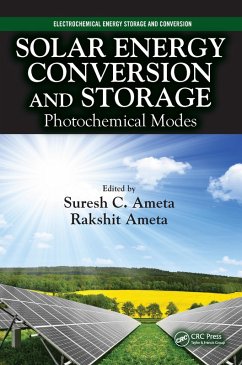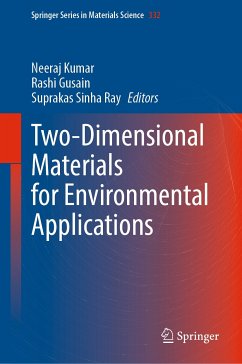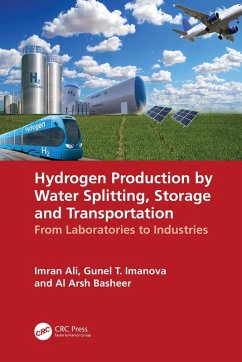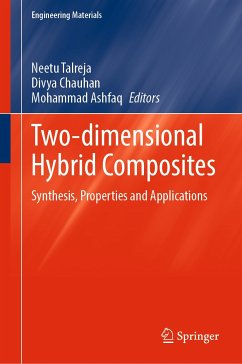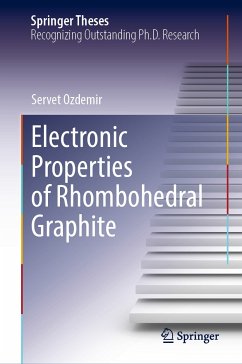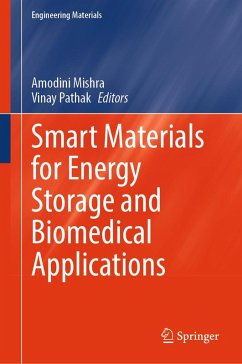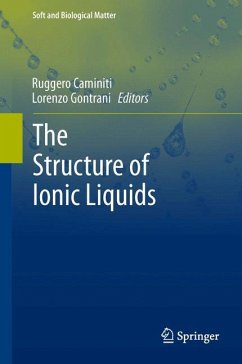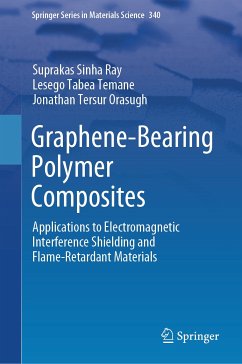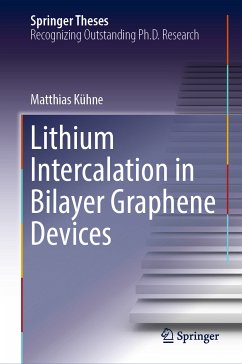
Graphene-Based Photocatalysts for Hydrogen Production and Environmental Remediation (eBook, PDF)
Versandkostenfrei!
Sofort per Download lieferbar
178,95 €
inkl. MwSt.
Weitere Ausgaben:

PAYBACK Punkte
89 °P sammeln!
This book delves into the cutting-edge applications of graphene-based photocatalysts, unveiling their immense potential in addressing two critical global challenges: sustainable hydrogen production and environmental remediation. Through insightful analysis of the state of the art, the book highlights the remarkable capabilities of these innovative materials in harnessing the power of light to drive chemical reactions. By exploring the synthesis, characterization, and mechanisms of graphene-based photocatalysts, the book provides knowledge not only about the fundamental concepts but also recent...
This book delves into the cutting-edge applications of graphene-based photocatalysts, unveiling their immense potential in addressing two critical global challenges: sustainable hydrogen production and environmental remediation. Through insightful analysis of the state of the art, the book highlights the remarkable capabilities of these innovative materials in harnessing the power of light to drive chemical reactions. By exploring the synthesis, characterization, and mechanisms of graphene-based photocatalysts, the book provides knowledge not only about the fundamental concepts but also recent advancements in water splitting for hydrogen generation, as well as the degradation of persistent organic pollutants and greenhouse gases. With its extensive coverage and interdisciplinary approach, this resource is tailored for a diverse readership, including materials scientists, chemists, photocatalysis experts, environmental engineers, and professionals working in the fields of renewable energy, water treatment, and environmental remediation.
Dieser Download kann aus rechtlichen Gründen nur mit Rechnungsadresse in A, B, BG, CY, CZ, D, DK, EW, E, FIN, F, GR, HR, H, IRL, I, LT, L, LR, M, NL, PL, P, R, S, SLO, SK ausgeliefert werden.



